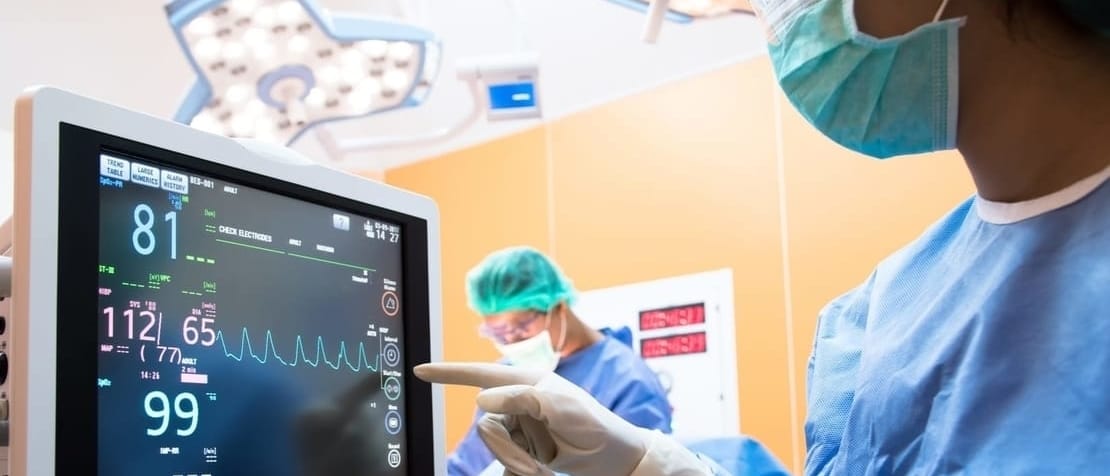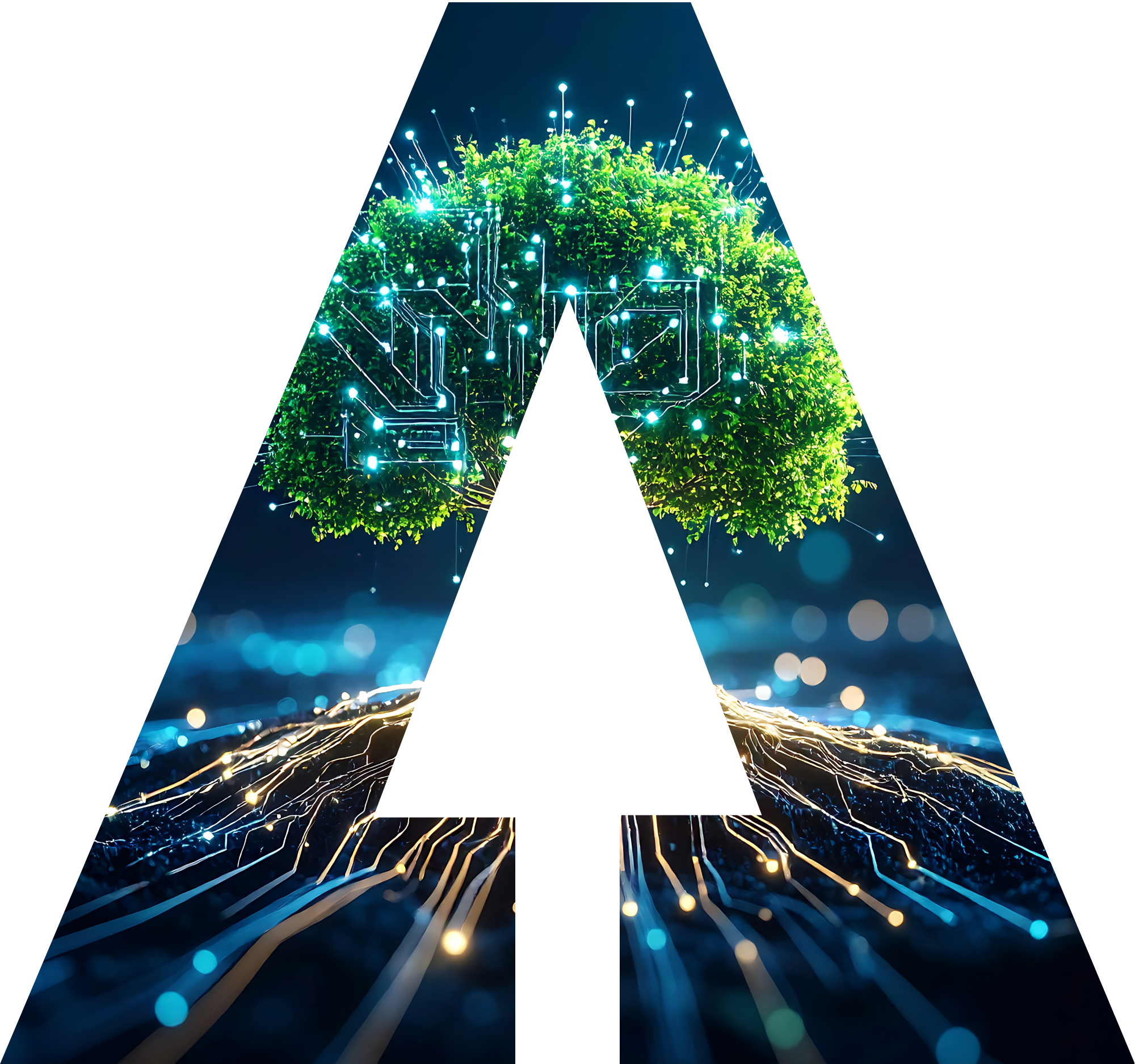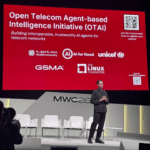Some futurists fear Artificial Intelligence (AI), perhaps understandably. After all, AI appears in all kinds of menacing ways in popular culture, from the Terminator movie dynasty to homicidal HAL from 2001: A Space Odyssey.
Though these movies depict Artificial General Intelligence (AGI) gone awry, it’s important to note some leading tech scholars, such as George Gilder (author Life After Google), doubt humans will ever be able to generate the sentience we humans take for granted (AGI) in our machines.
As it turns out, the predominant fear the typical person actually holds about AI pertains to Artificial Narrow Intelligence (ANI).
Specialized, ANI focuses on narrow tasks, like routing you to your destination — or maybe one day driving you there.
Much of what we uncovered when cowriting our new book, Own the A.I. Revolution: Unlock Your Artificial Intelligence Strategy to Disrupt Your Competition, is that people fear narrow task-completing AIs will take their job.
“It’s no secret many people worry about this type of problem,” Irakli Beridze, who is a speaker at the upcoming AI For Good Global Summit and heads the Centre for Artificial Intelligence and Robotics at the United Nations Interregional Crime and Justice Research Institute, told us when interviewed for the book. “One way or another, AI-induced unemployment is a risk we cannot dismiss out of hand. We regularly see reports predicting AI will wipe out 20 to 70 percent of jobs. And we’re not just talking about truck drivers and factory workers, but also accountants, lawyers, doctors, and other highly skilled professionals.”
The reports Beridze mentioned are bound to cause deep concern. At first.
‘I see reports AI will also create more jobs than it replaces. They’ll just be different kinds of jobs.’–Irakli Beridze
But what we discovered when researching the book’s material, particularly interviewing thought leaders, is that there is often a flip side to everything AI-related.
Like any significant tool, from the train to the computer, AI possesses both the ability to cause havoc and help at the same time. Or as Beridze went on to say: “But then I see reports AI will also create more jobs than it replaces. They’ll just be different kinds of jobs.”
RELATED: How can we ensure that AI is a force for good?
Stephen Ibaraki, futurist, and one of the founders of the AI For Good Global Summit with XPRIZE Foundation echoed a similar sentiment.
“This year there is actually some data indicating that, because of enhanced capabilities and productivity, as well as a growing economy, jobs may even increase rather than decrease.”
‘With AI, we can use mobile phones to detect conditions, like skin cancer or diabetes. There’s already an app to analyze suspicious skin growth alerting users when they should go see a dermatologist.’ –Frederic Werner, ITU
While acknowledging some jobs will be replaced, especially manual tasks, Ibaraki suggested an even greater number may be created in what’s being termed the coming “Fourth Industrial Revolution” that may yield an increase in wealth of $16 trillion by 2030.
Potential breakthroughs
Again, providing a counterpoint to many of the concerns surrounding AI raised in public, it was refreshing to hear two ITU officials describe the breakthroughs this technology is having in key areas, such as healthcare.
“I see AI having a large impact on healthcare very quickly,” says Frederic Werner, the Head of Strategic Engagement Division for ITU’s standardization sector. “With AI, we can use mobile phones to detect conditions, like skin cancer or diabetes. There’s already an app to analyze suspicious skin growth, alerting users when they should go see a dermatologist. And this isn’t just for use in developing countries with a shortage of doctors. It’s helpful in developed countries, like the U.K., where it can take up to a year to get an appointment with a specialist.”
RELATED: Think of ethics as ‘the good life’. How will AI help us to achieve it?
Likewise, Dr. Reinhard Scholl, Deputy to the Director of ITU’s Standardization Bureau, relates to us the progress he predicts AI will have on a formidable, longtime humanitarian challenge.
“Let us look at how AI could address the elimination of poverty,” says Dr. Scholl. “Step one is to discover where the poorest people actually live. It seems obvious, but it’s actually a difficult task. The old way to do this was simply to go door-to-door, but this is time consuming, expensive, and often dangerous. A more modern way is to use satellite imagery relying on nighttime images, but that doesn’t allow you to differentiate grades of poverty. However, recently Stanford University used machine learning to show that daytime satellite images were much better than nighttime images for mapping poverty. In principle, their model can make predictions at any resolution by analyzing daytime satellite images.”
RELATED: Artificial Intelligence for Health: ITU and WHO accept 8 new use cases
Hearing firsthand from experts such as these as well as the many other deep thinkers in our book inspired us throughout its writing. Our deepest purpose in creating the material was to not only assuage fears via pragmatic thinking: we wanted to empower readers to seize this opportunity for themselves.
Consequently, we are deeply honored to launch our book at the upcoming AI For Good Global Summit this year. We can think of no other better way to usher in a new era of uncommon opportunity for tech-inspired positivity.
Join the conversation on social media using the hashtag #AIforGood


 Register here
Register here












